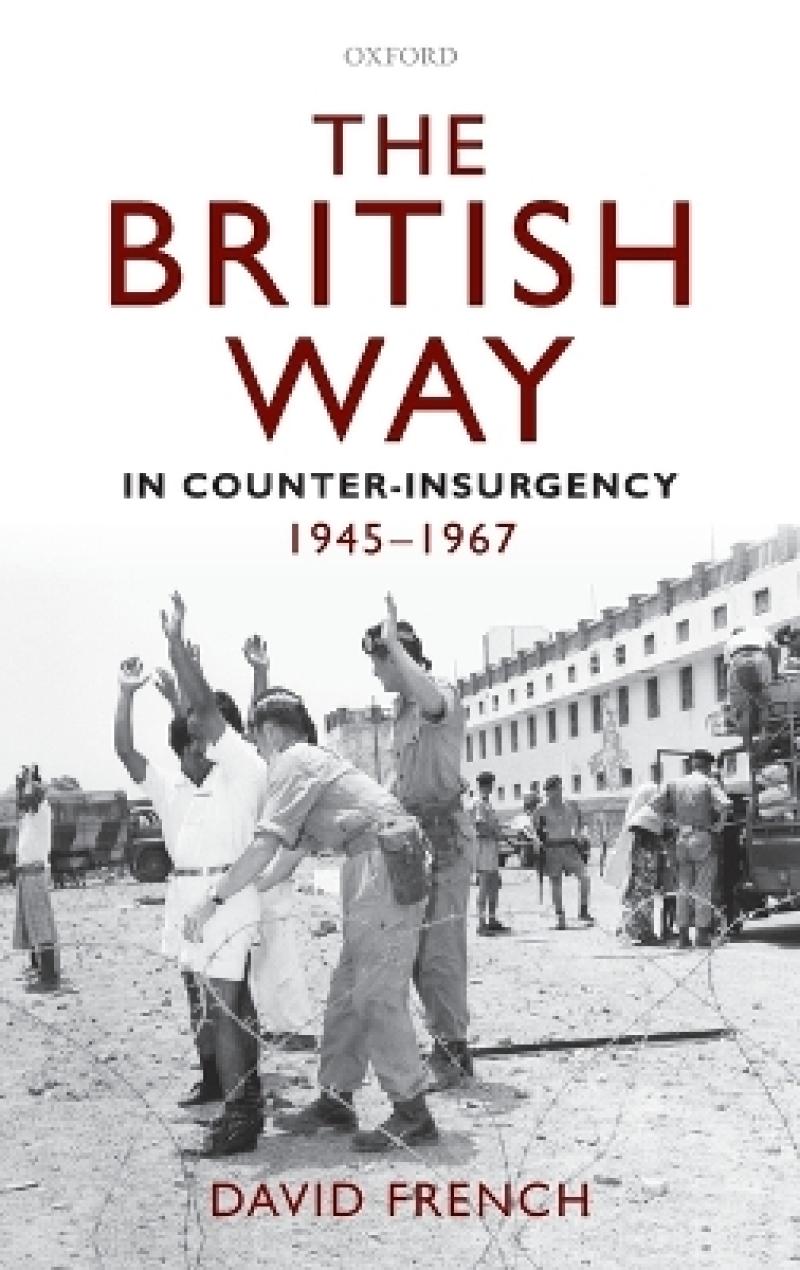David French's authoritative...exemplarily fair-minded study...should be compulsory reading for modern British officers
Max Hastings, Sunday Times
Brilliant...French explodes the myth that a uniquely British quest to recruit "hearts and minds" made the British end of Empire easy.
Ben Macintyre, The Times
a sobering and timely book ... Professor French marshals an impressive volume of archival research ... fluent and always engrossing
Kenneth Payne, Times Literary Supplement
a brilliant book that sheds light on a misunderstood and misquoted era ... masterly
Patrick Mercer, Military History
a careful, often riveting book that has been constructed on the basis of rigorous archival research. French takes on a major task, insisting on a sweep of place and time that must have demanded he tackle an intimidating quantity of archival material, and the results are frequently a testament to modern historical scholarship.
Musab Younis, The Oxonian Review
French's book represents the first comprehensive reassessment of the violence used by the British across the entire range of these insurgencies
Royal United Services Institute
Based on unparalleled research into official documents on nine campaigns it is likely to be the authoritative work on the subject for years to come ... Indeed, Professor French has set the bar very high, and that can only be a good thing for the rest of us who yet labour in these contested trenches.
David Charters, Canadian Military History
His counter-insurgency volume is ... likely to become the standard work on the subject. Thankfully, he avoid the temptation to adapt the book to the contemporary concerns of the academic-military-industrial complex.
John Newsinger, Race & Class
